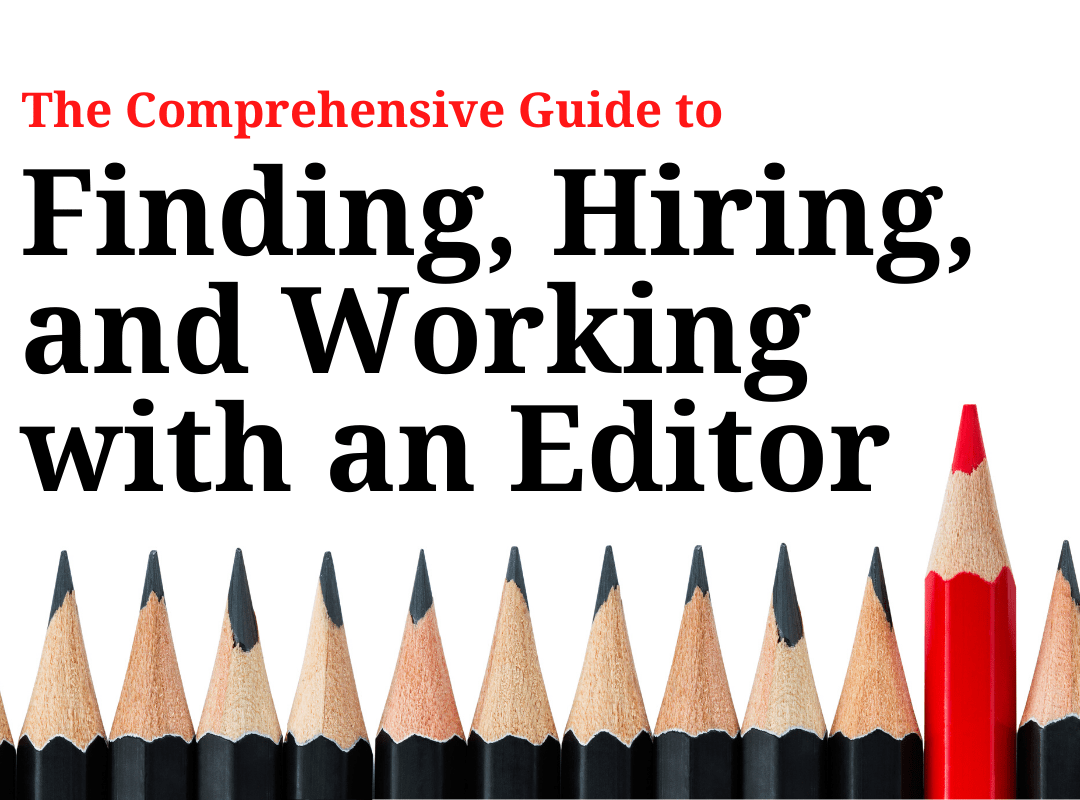One of the biggest challenges writers face is navigating the confusion around editing terms. Another is understanding what editors do and, more importantly, what we can’t do for you. My fellow freelance editor Chantel Hamilton recently wrote the single most helpful (and, true to advertising, comprehensive) guide to finding and working with an editor. I wish I’d written this, but even more so, I’m grateful it now exists. Here’s an excerpt:
In my experience, editors are pretty connection-driven people. We want to help make your book better, yes, but even more than that, we want to help you connect meaningfully with your readers.
Editors will employ different ways of meeting those two goals: some will be abrupt and direct about what you need to cut, add, and change, while others will phrase everything as a question, a suggestion, an opportunity. Some will physically move text around to show you what they’re asking for, while others will want you to make the move yourself to activate and strengthen your own editorial muscles. Some will hand off their edits like a bouquet (or a bomb), and tell you to come back when you’re done, while others will walk you through every single comma change on the phone. Most editors, if we have our boundaries in place, fall somewhere in the middle.
So, consider past scenarios that have empowered you to do your best work. What were the circumstances of those successes? How did you behave, and how did the people around you behave? Generally speaking, do you like to be told exactly what to do to make things “right,” or do you like having a puzzle presented to you for solving in your own way? Do you like/expect constant communication with project collaborators, or do you like breaks to refill your own tank from time to time? Do you do your best work with more freedom or more constraints? Know these things about yourself, and share them with your editor. Then continue the conversation to find out:
- Does the editor “get” you and your book?
- What circumstances and behaviors allow them to do their best work?
- Have they worked with an author like you before? How did it go?
- Do you understand each other in conversation? In writing?
- Do you trust each other’s insights and ideas?
- Do you respect each other?
- Can you be vulnerable with this person?
- Do you feel comfortable challenging each other and being challenged?
There’s only so much we can guess about our own responses before we actually get into the work of editing, so be prepared to surprise yourself from time to time. Being edited is hard, and brave, and worth it.
When reviewing challenging edits, keep in mind that your editor hates your book out of love. They really do want you to succeed, and they wouldn’t ask you to do something if they didn’t know you could do it. Remember that they believe in your vision and in you—maybe more than anyone else in the early stages (including you). They already know how hard it can be to open yourself up to critique, and the more honest you are with them about who you are and what you need, the better the process and the book will be.
Fun side note: Before he’d hire me, one author years ago wanted to know my Myers-Briggs type, and he shared his with me. I thought that was a fun, low-stress way to learn a lot about our default working and engagement styles, and I’ve since found a lot of value in being upfront with authors about my own particular brand of crazy. (ENFP!)
You can (and should!) read the full post on Jane Friedman’s blog. (For the record, I’m an INFP.)

